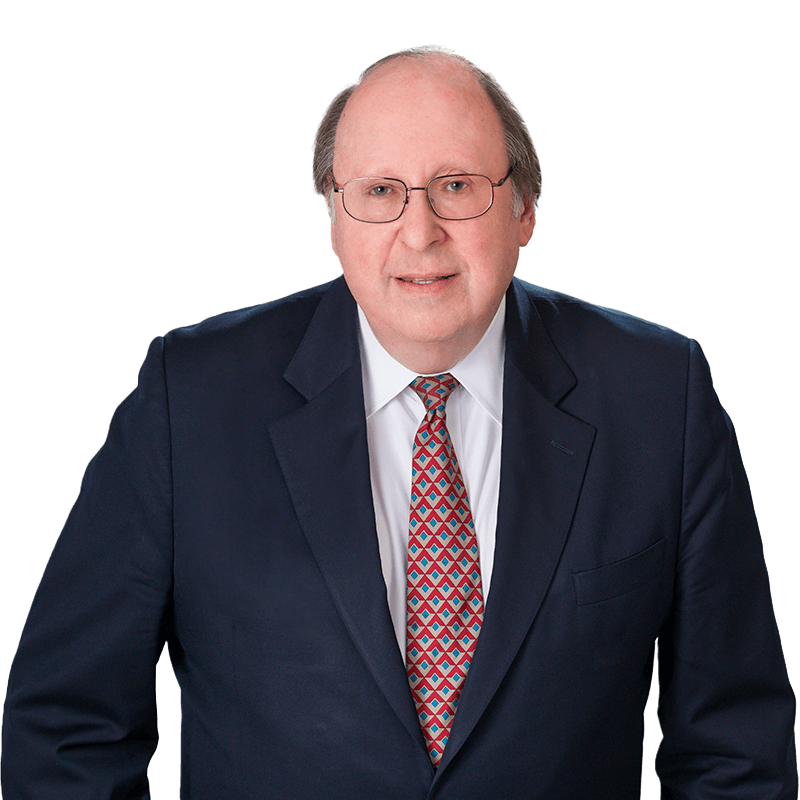January 25, 2012
Saiber LLC, along with co-counsel at Arnold & Porter, recently succeeded in securing summary judgment for our client, Boston Scientific, in a widely-watched patent dispute concerning drug-eluting coronary stents. The lawsuit argued that Boston Scientific, as well as several co-defendants, infringed on the Plaintiffs' patents concerning the use of a drug, rapamycin, in connection with such stents for the treatment and prevention of restenosis, i.e., the re-narrowing of a blood vessel after the narrowed vessel is, for example, treated with angioplasty.
On January 19, 2012, United States District Judge Joel A. Pisano granted summary judgment to Boston Scientific. Accepting Boston Scientific's arguments, Judge Pisano determined that Plaintiffs' patent claimed thousands of potential analog forms of the drug at issue, but that the inventors never worked with any of these analogs and instead that the patents failed to provide an adequate written description of the analogs. Therefore, the Court determined that the inventors did not possessed the full scope of the claimed subject matter and the written description requirement had been not met. Similarly, the Court found that the enablement requirement had not been met, in that the patent did not teach one skilled in the art to make and use the full scope of the invention without undue experimentation. Moreover, Judge Pisano also found that Plaintiffs' patents had satisfied neither the written description nor the enablement requirement with respect to several claimed forms of administration of the drug. As such, Judge Pisano determined that the patents were invalid.



